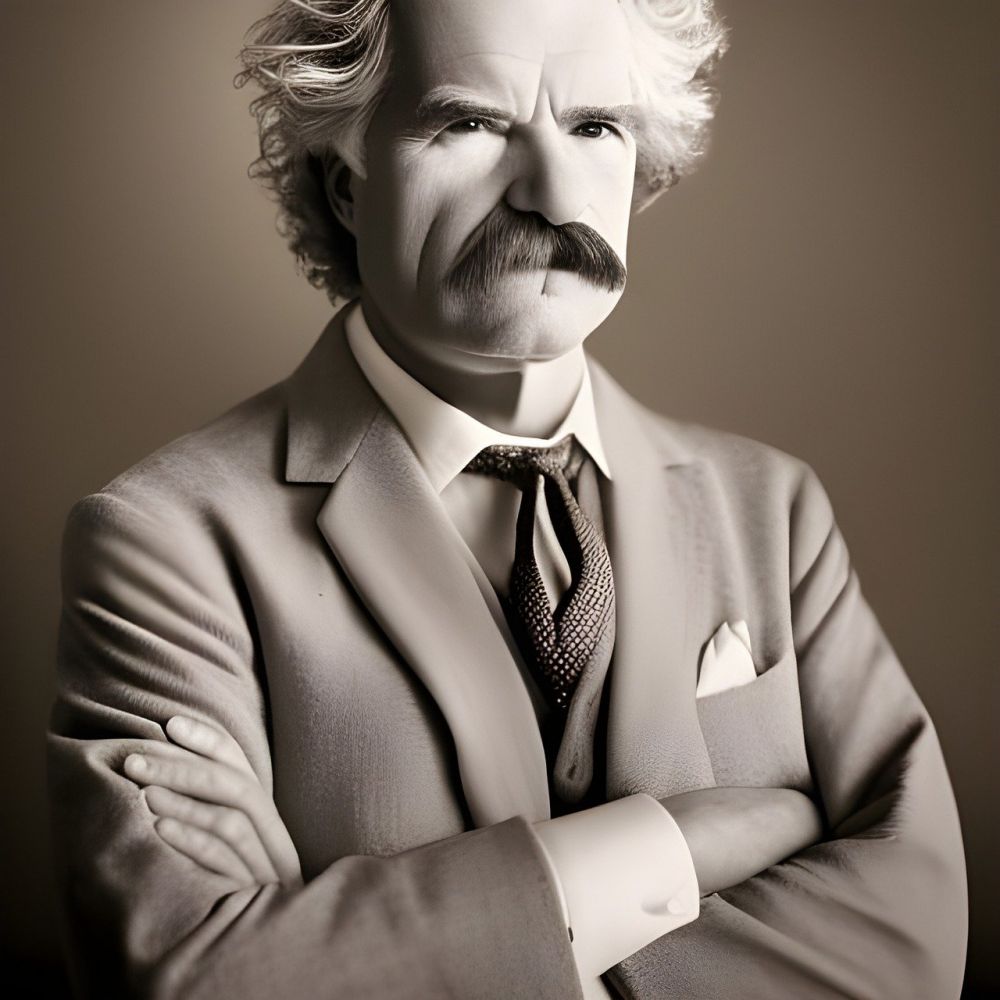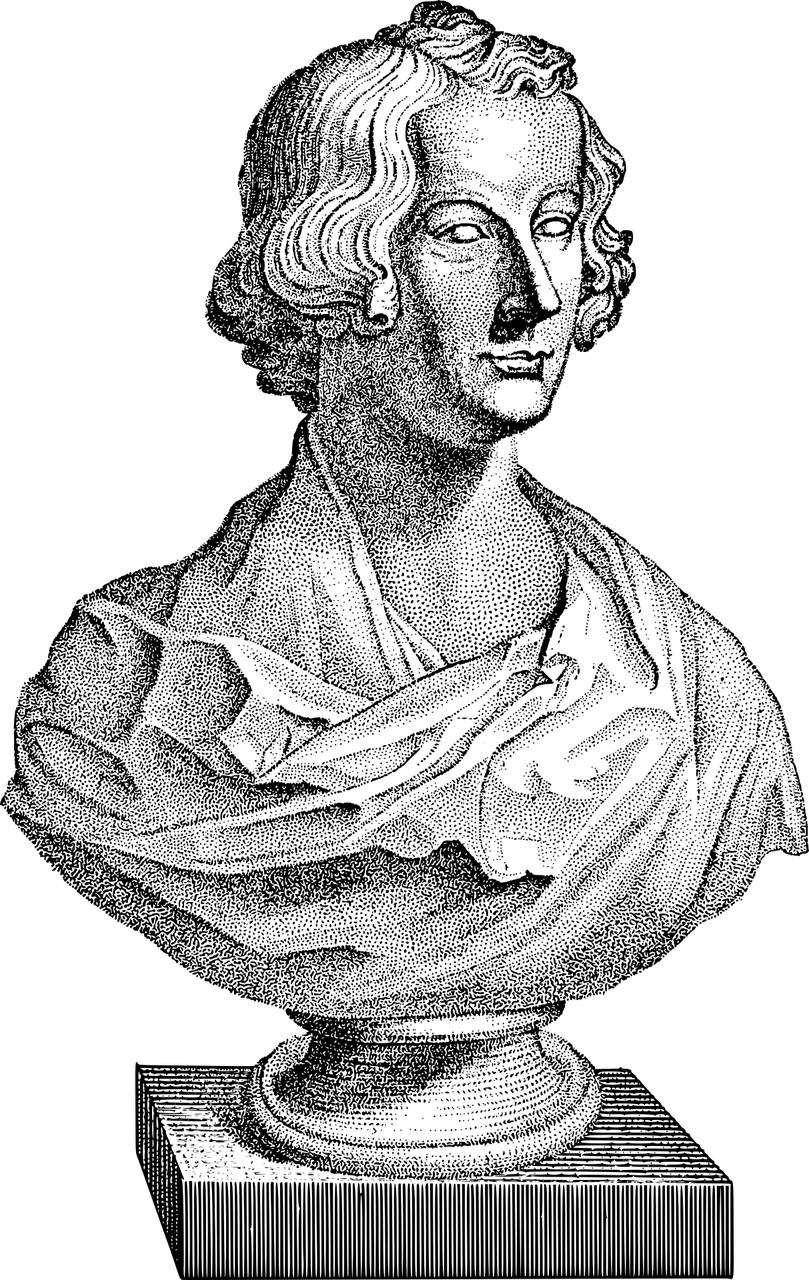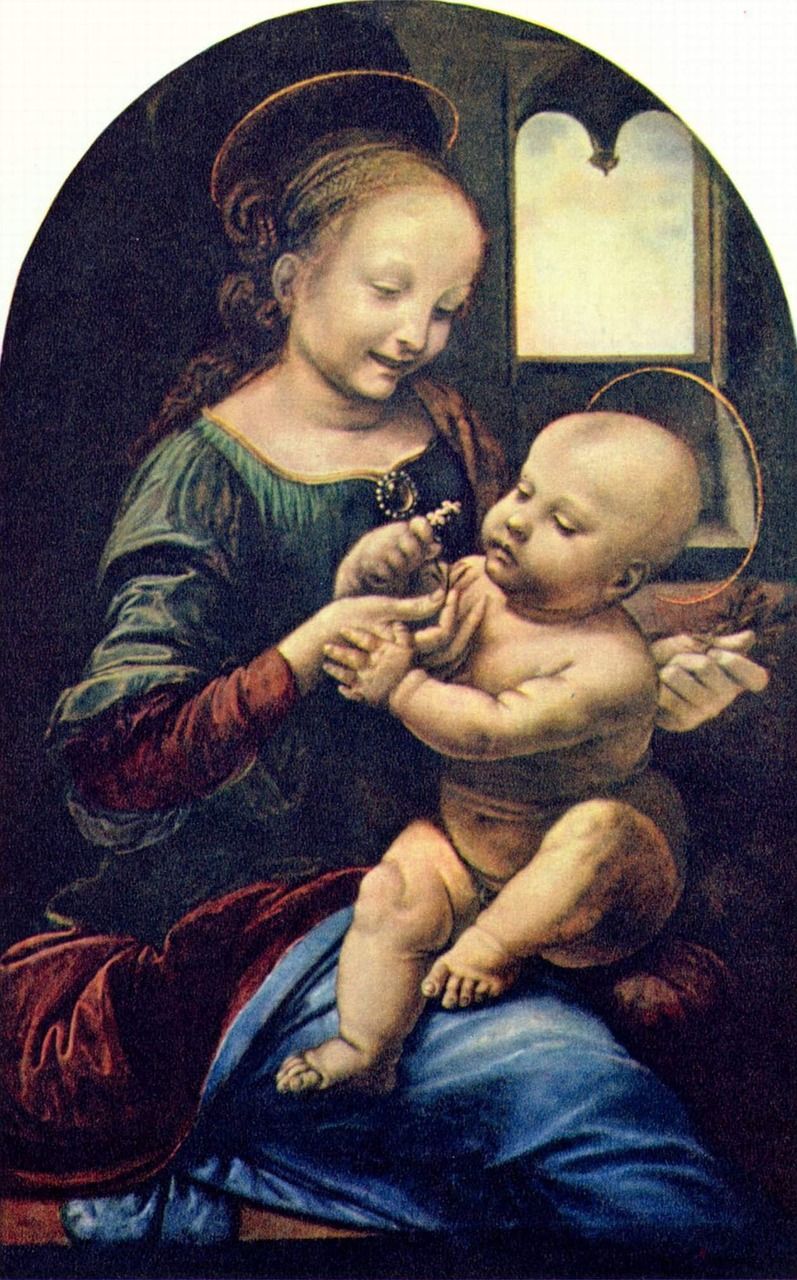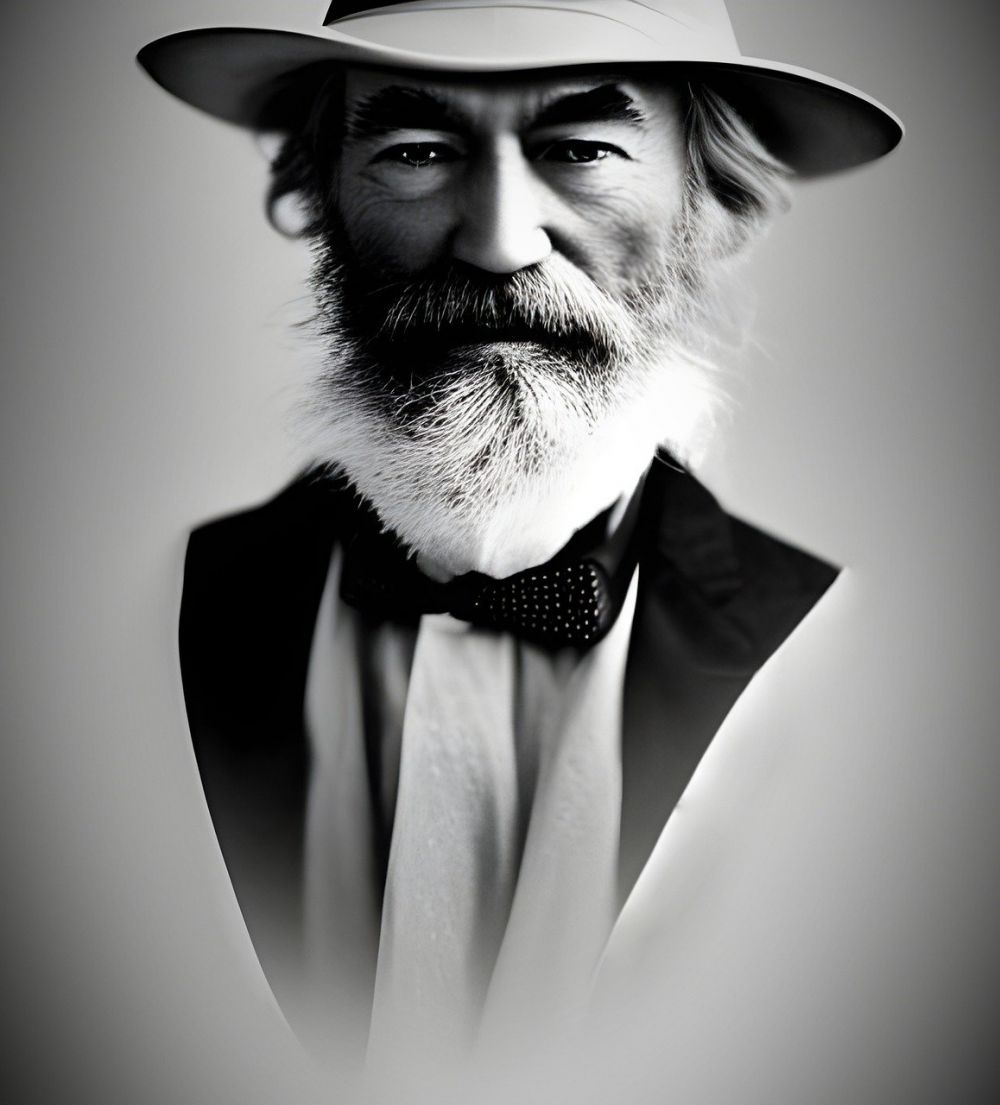George Orwells Animal Farm is a timeless classic that continues to captivate readers with its powerful allegorical tale

In this article, we will delve into the depths of Animal Farm, exploring its significance and tracing its historical evolution. Whether you are a literature enthusiast or simply curious about the impact of this iconic novel, this article will provide a comprehensive understanding of George Orwell’s Animal Farm.
Introduction to Animal Farm:
Animal Farm, published in 1945, is a satirical novella that reflects Orwell’s observations on the Russian Revolution of 1917 and subsequent Stalinist era. Set on Manor Farm, the story follows a group of farm animals who overthrow their human oppressor, Mr. Jones, in an effort to establish an egalitarian society. Led by the pigs, especially Napoleon and Snowball, the animals envision a utopian farm where all animals are equal, free from the exploitation and tyranny they experienced under humans.
However, as time progresses, the pigs gradually adopt human-like behaviors and seize power for themselves, thus creating a dictatorship that mirrors the oppressive regime of their former human master. Animal Farm serves as a cautionary tale, exploring themes of corruption, manipulation, and the dangers of political ideologies.
Historical Evolution of Animal Farm:

1. Publication and Initial Reception:
Animal Farm was initially met with mixed reviews upon its publication, as it challenged the prevailing friendly relationship between the Soviet Union and the Western world during World War II. Orwell’s critique of totalitarianism and the erosion of democratic ideals was deemed controversial by some, particularly those sympathetic to the Soviet regime. Nevertheless, the novel gained significant popularity and has since become a literary classic.
2. Cold War Context:
During the post-war era, Animal Farm was seen as an indictment of the Soviet Union’s transformation from a revolutionary state to an oppressive dictatorship under Stalin’s rule. Orwell’s depiction of the pigs’ gradual ascent to power and their betrayal of the other animals resonated with readers who were disillusioned with the Soviet experiment.
3. Academic and Literary Analysis:
Animal Farm has been extensively studied and analyzed in academic and literary circles. Scholars have unpacked the novel’s use of satire, metaphor, and allegory to critique political systems and social hierarchies. The characters, such as the loyal workhorse Boxer and the cunning propagandist Squealer, have become symbols representing various aspects of human nature and the manipulation of power.
4. Adaptations and Cultural Impact:
Animal Farm’s enduring relevance has led to various adaptations across different media. From theater productions to animated films, the story’s poignant message continues to resonate with audiences. Orwell’s chilling narrative has also influenced subsequent dystopian literature and remains a touchstone for exploring the dangers of totalitarianism.
Structuring for a Featured Snippet:
To maximize the chances of being featured as a snippet on Google searches, we can structure the key points in a bulleted format:
– Animal Farm is a satirical novella by George Orwell, published in 1945.
– It critiques the Russian Revolution and Stalinist era through an allegorical tale set on Manor Farm.
– Animals overthrow their human oppressor, Mr. Jones, to establish an egalitarian society.
– The pigs, led by Napoleon and Snowball, gradually adopt human-like behaviors and establish a dictatorship.
– Animal Farm serves as a cautionary tale, exploring themes of corruption, manipulation, and dangers of political ideologies.
– Initially met with mixed reviews, it gained popularity as a critique of totalitarianism during the Cold War.
– Animal Farm has been extensively studied and analyzed, with its characters and symbols representing human nature and power dynamics.
– The novel’s cultural impact is evident from various adaptations and its influence on subsequent dystopian literature.
Conclusion:
George Orwell’s Animal Farm is a literary masterpiece that continues to captivate readers with its thought-provoking portrayal of political corruption and totalitarianism. As history often tends to repeat itself, the novel’s themes and warnings remain highly relevant in today’s world. Animal Farm’s enduring popularity serves as a testament to Orwell’s ability to shed light on the pitfalls of power and the importance of remaining vigilant about the erosion of democratic values.





